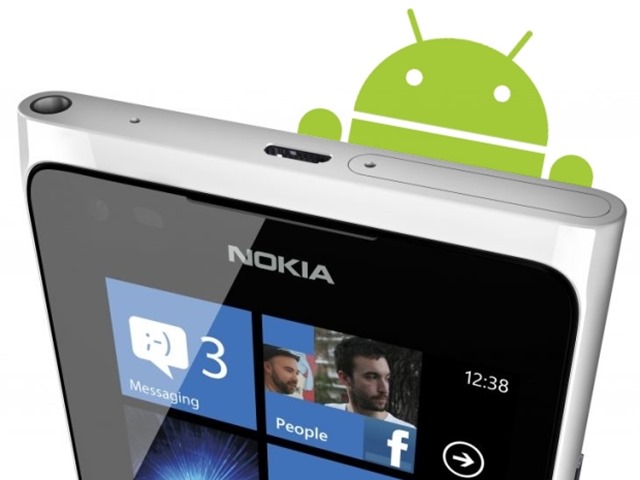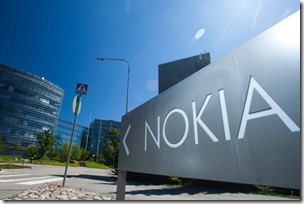
DUBAI: Would it make you proud if I told you that the Venom character in the Spiderman III movie was developed and animated by a Pakistani? How does it feel to know that a Pakistani animator worked on Hollywood blockbusters such as X-Men First Class, The Day After Tomorrow, Mummy, The Incredible Hulk, Land of The Lost, Surf’s Up and Ghost Rider? How does it feel to know that the same animator won an Oscar in 2008 for working on the winning sequences of The Golden Compass?
Feels great, doesn’t it? I felt the elation at a whole different level, as I came to know all this through a white man I met at the JFK airport when I was flying from New York to Chicago before Christmas last year.
I felt numb with pride when he told me about the exploits of Meer Zafar Ali, a graduate from FAST Karachi, the man who won that Oscar and accomplished the other animation feats mentioned above. Since that eventful chat, I have been gathering the bits and pieces of one of Pakistan’s most exciting untold stories. Though still in a nascent state if compared to the international market and even neighbouring India, the Pakistani animation industry nonetheless holds great value in itself.
It all started with Commander Safeguard. We should all applaud Post Amazers for pioneering an animation lab test for which they will be remembered for in the history of Pakistani animation. That lab test pushed our advertising industry to come up with more local superheroes, such as Lifebuoy Germ Busters, Dettol Warriors and Milkateers, later giving way to Mr Jeem and Baankay Miyaan.
And when you talk about Pakistan’s animation industry, you simply cannot forget mentioning Asim Fida Khan. The maestro has worked on blockbuster Hollywood flicks such as Harry Potter and the Deathly Hallows, G.I Joe, The Tales of Despereaux and Snow White and the Huntsman.
To double down on this fact, I would like to couple it with another amazing accomplishment for Pakistan: the Pakistan-based company Trango Interactive, operated by Shehryar Hydari, has made animations for foreign clients like Audi, Nike, Lexus, UPS, Mazda, Hyundai, Sega AND it has made documentaries for the Discovery Channel. It has also made the animations for all BlackBerry ads in Pakistan.
Trango Interactive’s maiden video game, Sherra Jutt, was made for a Pakistani audience. The game inspired musicians like Haroon Rasheed, ex-member of the Awaz band, to step into the animation and game development industry. Haroon’s upcoming game, Burka Avenger, is in its last phase of packaging and will be launched soon.
Another great mention here is a group of talented guys from Islamabad who operate under the name of We R Play. How gratifying is it to have your game selected for publishing by the people behind world-famous games such as Angry Birds and Cut The Rope? These guys did it. We R Play’s latest game, Dream Chaser, was published just a few weeks ago by Chillingo, a premier game publisher that is a sister concern of Electronics Arts (EA) – and it is doing pretty well.
Another honourable mention is Mind Storm Studios, the game development company that received world recognition for Cricket Revolution. The game was not only rated as having the best game physics at many award ceremonies worldwide, but also received higher ratings than Electronic Arts’ conventional cricket game. This later resulted in EA Sports bidding for an acquisition of the game, but Mind Storm Studios rejected the deal. I would also like to tell you that this is the same company that made the official video game for the ICC World Cup 2011.
And here’s a shout-out to a software house in Karachi, Pi Labs, which developed the official iOS-based game for Garfield the cat a few months ago. The app has performed exceptionally well on the AppStore, given a strong marketing impetus to the official Garfield publisher. Another company that has achieved success in developing mobile games is Agnitus – a group of talented individuals who make addictive mobile-based learning games for children.
And when Pakistani companies like Caramel Tech Solutions work on foreign projects like Fear Factor, MTV Games and HALFBRICK – and collaborate with world giants such as DeNa – you can only say that for Pakistanis, the sky is the limit.
The writer runs a software company in Dubai and a healthcare startup in New York
Not many of you may know this, but the title animation sequence that plays before every episode of Game of Thrones, the world’s most-watched TV series these days, has been produced by Hameed Shaukat, a US-born Pakistani. He won an Emmy for Outstanding Main Title Design for the series in 2011, which he shared with teammates Robert Feng, Kirk Shintani and Angus Wall.
Get a load of this: Post Amazers set the bar so high with Commander Safeguard that the same animated series was later adapted by Procter and Gamble in other countries, such as Mexico, China, Philippines and Kenya.
It is also worth mentioning that the Milkateers series won many short film and animation awards in Singapore and India.

















